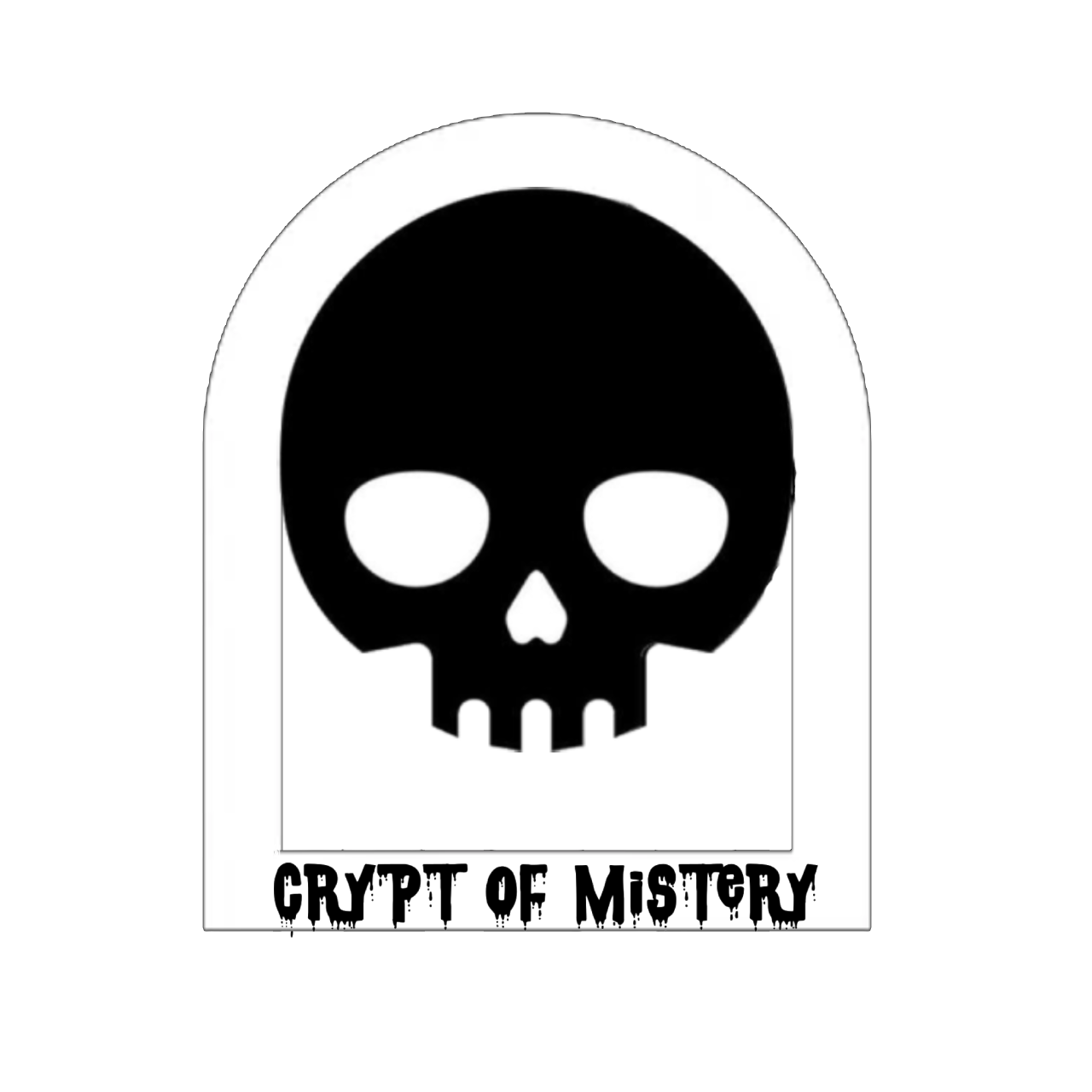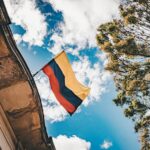The legend of El Dorado is one of the most enduring and captivating tales in South American culture. It tells the story of a mythical city made entirely of gold, hidden deep within the jungles of South America. The legend has fascinated explorers, writers, and adventurers for centuries, and its allure continues to captivate people to this day.
El Dorado, which translates to “the golden one” in Spanish, holds a significant place in South American culture. It represents the ultimate treasure, a symbol of wealth and abundance. The legend has become deeply ingrained in the collective consciousness of the region, shaping its history and influencing its art, literature, and folklore.
Key Takeaways
- The legend of El Dorado is a mythical city of gold that has fascinated people for centuries.
- The origins of the El Dorado myth can be traced back to indigenous South American cultures.
- Early explorers, such as Gonzalo Jiménez de Quesada, were among the first to search for El Dorado.
- The conquistadors, including Francisco Pizarro and Hernán Cortés, were also drawn to the promise of gold and riches.
- Indigenous cultures played a significant role in the El Dorado legend, with tales of a golden king and rituals involving gold.
- European literature, such as Sir Walter Raleigh’s “The Discovery of Guiana,” helped to popularize the El Dorado myth.
- The legacy of El Dorado can still be seen in South American culture today, with festivals and celebrations honoring the legend.
- Modern expeditions have attempted to uncover the truth behind the El Dorado myth, but many questions remain unanswered.
- El Dorado continues to capture the imagination of people around the world, inspiring films, books, and games.
- The mystique of El Dorado endures because it represents the allure of wealth and the unknown, as well as the power of storytelling.
The Origins of the El Dorado Myth
The origins of the El Dorado myth can be traced back to the Muisca people, an indigenous group that inhabited what is now modern-day Colombia. The Muisca had a complex society with a rich spiritual and cultural tradition. One of their rituals involved their leader, or cacique, covering himself in gold dust and diving into Lake Guatavita as an offering to the gods.
When the Spanish conquistadors arrived in South America in the 16th century, they encountered stories of this ritual and interpreted it as evidence of a vast city made entirely of gold. This interpretation sparked their obsession with finding El Dorado and led to numerous expeditions in search of this mythical city.
The Search for El Dorado Begins: Early Explorers
The first explorers to embark on the search for El Dorado were captivated by tales of unimaginable wealth and riches. In 1531, Gonzalo Jiménez de Quesada led an expedition into the heart of Colombia in search of this legendary city. Despite their efforts, they were unable to find El Dorado but did encounter other indigenous civilizations and amassed a significant amount of gold.
These early explorers’ failed expeditions only fueled the myth of El Dorado. As they returned to Europe with tales of vast riches and golden cities, the legend grew in the imaginations of those who heard their stories. The allure of El Dorado became even more enticing, and more adventurers set out on expeditions to find this elusive treasure.
The Conquistadors and El Dorado: The Golden Age of Exploration
| Conquistador | Year of Exploration | Location Explored | Gold Found |
|---|---|---|---|
| Francisco Pizarro | 1532-1533 | Peru | Over 13,000 pounds |
| Hernán Cortés | 1519-1521 | Mexico | Over 200,000 ounces |
| Francisco de Orellana | 1541-1542 | Amazon River | Unknown |
| Gonzalo Pizarro | 1540-1542 | Peru and Amazon River | Unknown |
The conquistadors played a significant role in the search for El Dorado. These Spanish conquerors were driven by a desire for wealth and power, and the legend of El Dorado offered them the promise of unimaginable riches. They embarked on expeditions throughout South America, conquering indigenous civilizations and amassing vast amounts of gold and other treasures.
The conquests of the conquistadors had a profound impact on South America. They brought about the downfall of many indigenous cultures, destroying their cities and temples in their relentless pursuit of gold. The search for El Dorado became synonymous with the brutal colonization and exploitation of the region, leaving a lasting legacy of pain and suffering.
The Role of Indigenous Cultures in the El Dorado Legend
The indigenous cultures of South America played a significant role in shaping the myth of El Dorado. The rituals and traditions of these cultures were misinterpreted by the Spanish conquistadors, who saw them as evidence of a golden city. The Muisca people’s ritual at Lake Guatavita, for example, was transformed into a story of a city made entirely of gold.
Colonization had a devastating impact on these indigenous cultures. Their cities were destroyed, their traditions were suppressed, and their way of life was forever altered. The myth of El Dorado became a symbol of the destruction wrought by colonization, a reminder of the loss and suffering endured by these cultures.
The Influence of European Literature on the El Dorado Myth

European literature played a significant role in shaping the myth of El Dorado. Writers such as Sir Walter Raleigh and Edgar Allan Poe were captivated by the legend and incorporated it into their works. Raleigh’s book “The Discovery of Guiana” and Poe’s poem “Eldorado” further popularized the myth and added to its mystique.
These literary works romanticized the search for El Dorado, portraying it as a noble quest for adventure and treasure. They captured the imagination of readers and further fueled the fascination with this mythical city. The influence of European literature on the El Dorado myth cannot be overstated, as it helped to perpetuate the legend and keep it alive in popular culture.
The Legacy of El Dorado in South American Culture
The myth of El Dorado continues to hold a significant place in South American culture. It has become deeply ingrained in the region’s history, art, literature, and folklore. The legend serves as a reminder of the rich cultural heritage of South America and the impact of colonization on its indigenous peoples.
In modern times, El Dorado has taken on new meanings and interpretations. It has become a symbol of hope, resilience, and the pursuit of dreams. The myth continues to inspire artists, writers, and adventurers, who are drawn to its allure and mystery. El Dorado remains an integral part of South American culture, a testament to the enduring power of myth and legend.
Modern Expeditions and Discoveries: Separating Fact from Fiction
In recent years, there have been several expeditions to find El Dorado. These expeditions have utilized modern technology and scientific methods to search for evidence of this mythical city. While no definitive proof of El Dorado has been found, these expeditions have shed light on the indigenous cultures that inspired the legend.
Archaeologists have uncovered ancient cities and artifacts that provide insights into the lives of the Muisca and other indigenous civilizations. These discoveries have helped to separate fact from fiction and provide a more nuanced understanding of the origins of the El Dorado myth. While the search for El Dorado may continue, these discoveries have deepened our knowledge of South American history and culture.
El Dorado in Popular Culture: Films, Books, and Games
The legend of El Dorado has had a significant impact on popular culture. It has inspired numerous films, books, and games that explore the myth and its allure. Films such as “The Road to El Dorado” and “City of Gold” bring the legend to life on the big screen, while books like “The Lost City of Z” and “The Gold Eaters” delve into the history and mystery surrounding El Dorado.
In the world of gaming, El Dorado has been featured in popular titles such as “Uncharted: Drake’s Fortune” and “Tomb Raider: The Lost City of Gold.” These games allow players to embark on their own virtual quests for this mythical city, adding to the enduring appeal of the legend.
The Mystique of El Dorado: Why the Legend Endures
The legend of El Dorado endures because it taps into universal human desires and aspirations. It represents the pursuit of wealth, adventure, and the unknown. It captures our imagination and fuels our dreams of discovering something extraordinary.
The allure of El Dorado lies not only in its promise of riches but also in its symbolism. It represents a utopian ideal, a place where all desires are fulfilled. It embodies our longing for something greater than ourselves, a quest for meaning and purpose.
The legend of El Dorado is a captivating tale that has fascinated people for centuries. Its origins can be traced back to the rituals of the Muisca people and the misinterpretation by Spanish conquistadors. The search for El Dorado led to the conquest and colonization of South America, leaving a lasting impact on its indigenous cultures.
European literature further popularized the myth, adding to its mystique and allure. El Dorado continues to hold a significant place in South American culture, serving as a reminder of the region’s rich history and the impact of colonization.
Modern expeditions and discoveries have shed light on the origins of the El Dorado myth, separating fact from fiction. While no definitive proof of El Dorado has been found, these discoveries have deepened our understanding of South American history and culture.
The legend of El Dorado has also had a significant impact on popular culture, inspiring films, books, and games that explore its allure. The enduring appeal of El Dorado lies in its symbolism and universal themes of adventure, wealth, and the pursuit of the unknown.
In conclusion, the legend of El Dorado continues to captivate our imagination and fuel our dreams. It represents our longing for something greater than ourselves and serves as a reminder of the power of myth and legend.
FAQs
What is El Dorado?
El Dorado is a legendary city or kingdom that was believed to be located in South America. It was said to be rich in gold and other precious metals.
Where is the Lost City of El Dorado located?
The exact location of the Lost City of El Dorado is unknown. It is believed to be located somewhere in the Andes Mountains of South America, possibly in Colombia or Peru.
What is the history of the search for El Dorado?
The search for El Dorado began in the 16th century when Spanish conquistadors heard rumors of a city of gold in South America. Many expeditions were launched to find the city, but none were successful. The legend of El Dorado persisted for centuries, and many explorers and treasure hunters continued to search for it.
Is there any evidence that El Dorado actually existed?
There is no concrete evidence that El Dorado actually existed. However, there are many historical accounts and legends that describe a city or kingdom in South America that was rich in gold and other precious metals.
What happened to the people who lived in El Dorado?
It is unclear what happened to the people who lived in El Dorado, assuming it actually existed. Some legends suggest that the people of El Dorado were very wealthy and lived in luxury, while others suggest that they were a simple and peaceful people.
Why is El Dorado still a popular legend today?
El Dorado is still a popular legend today because it represents the idea of a lost city or treasure that has yet to be discovered. The legend has inspired countless explorers and adventurers over the centuries, and it continues to capture the imagination of people around the world.







